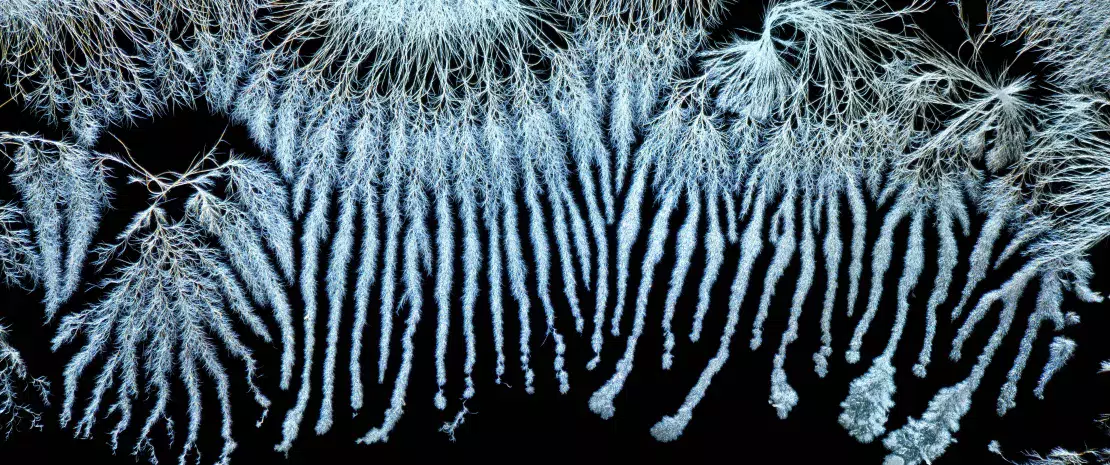Severe obesity: the vicious circle of biotin metabolism
Paradoxically, the severely obese are often malnourished, with quantity not compensating for the low quality of their diet. This results in a vicious circle involving the gut microbiota, with extremely low vitamin B levels playing a key role.
Lay public section
Find here your dedicated section
Sources
This article is based on scientific information

About this article
We know that B vitamins influence microbial function, host metabolism, and inflammation, and this is particularly so for biotin (B8) produced by gut bacteria. B vitamins are thus involved in the regulation of host metabolic health. Is this also the case in severely obese humans? This is an important question, since previous preclinical and clinical studies have shown altered serum and tissue biotin levels in obese subjects.
x11 Worldwide, severe obesity increased 11-fold in men
x3 and 3-fold in women between 1975 and 2014.
Fewer biotin-producing or transporting bacteria
To answer the question, researchers looked at data from 1,545 subjects participating in the multicenter European (sidenote: https://cordis.europa.eu/project/id/305312/fr ) study, comparing 608 severely obese patients (BMI>35) with 299 overweight or obese patients (25<BMI<35), and 638 normal BMI (BMI<25) control subjects.
They found that severe obesity is associated with a deficiency in bacteria that produce and transport biotin. Since the abundance of these bacteria is correlated with inflammatory status and associated metabolic disorders, this has implications for obese patients.
Moreover, the severely obese had suboptimal levels of circulating biotin and an altered expression of genes coding for this vitamin in their adipose tissue.
Gut bacteria to blame?
Human to mice microbiota transfer experiments confirm the gut microbiota’s contribution to the level of biotin in the blood. However, diet also plays a role, with the (sidenote: Western diet Diet rich in processed foods, refined sugar, salt, saturated fats (red meats) and trans fats (pastries) Zinöcker MK, Lindseth IA. The Western Diet-Microbiome-Host Interaction and Its Role in Metabolic Disease. Nutrients. 2018 Mar 17;10(3):365. ) leading to a decrease in biotin-producing gut bacteria, as well as a reduction in circulating levels of biotin. Furthermore, gut inflammation observed in obese patients paradoxically limits the absorption of biotin from food.
Ultimately, a vicious circle may be at play in the case of severe obesity: the molecular signals of the dysbiotic microbiota could aggravate host inflammation and contribute to a biotin deficiency in tissue.
Therapeutic avenues?
How to break the vicious circle? Bariatric surgery, which improves metabolism and inflammation, promotes biotin-producing bacteria. This leads to an improvement in the host’s systemic biotin. Another avenue is prebiotic (fiber) and biotin supplementation. In mice fed a high-fat diet, these two pathways improved gut microbiota diversity and bacterial production of biotin and other B vitamins, while limiting weight gain and glycemic deterioration. Two avenues that may make a vicious circle virtuous.







